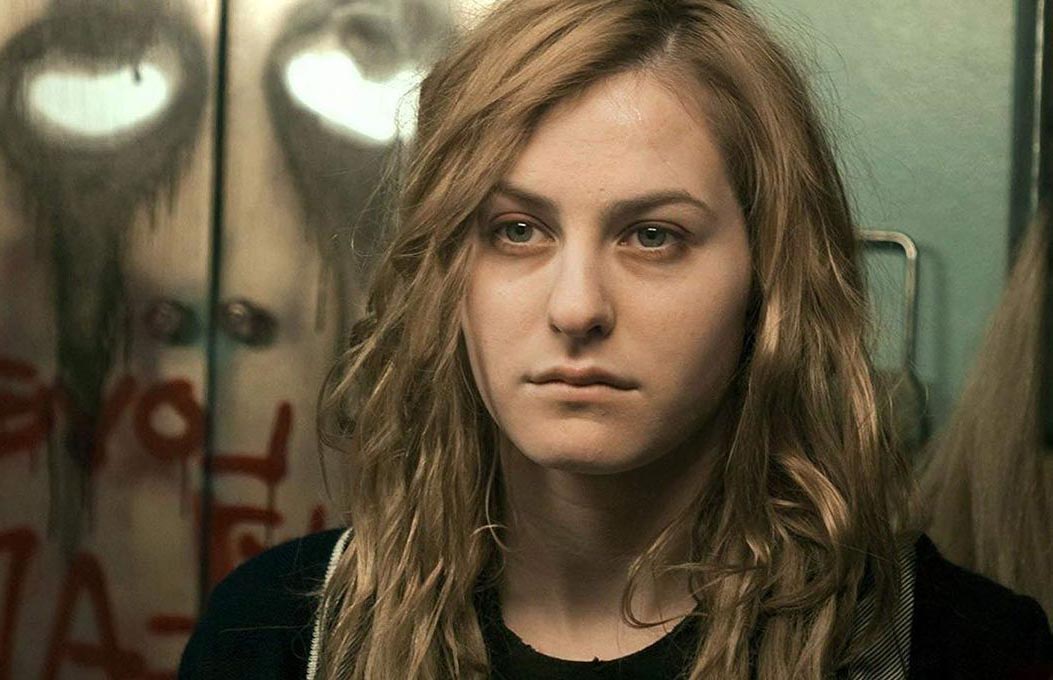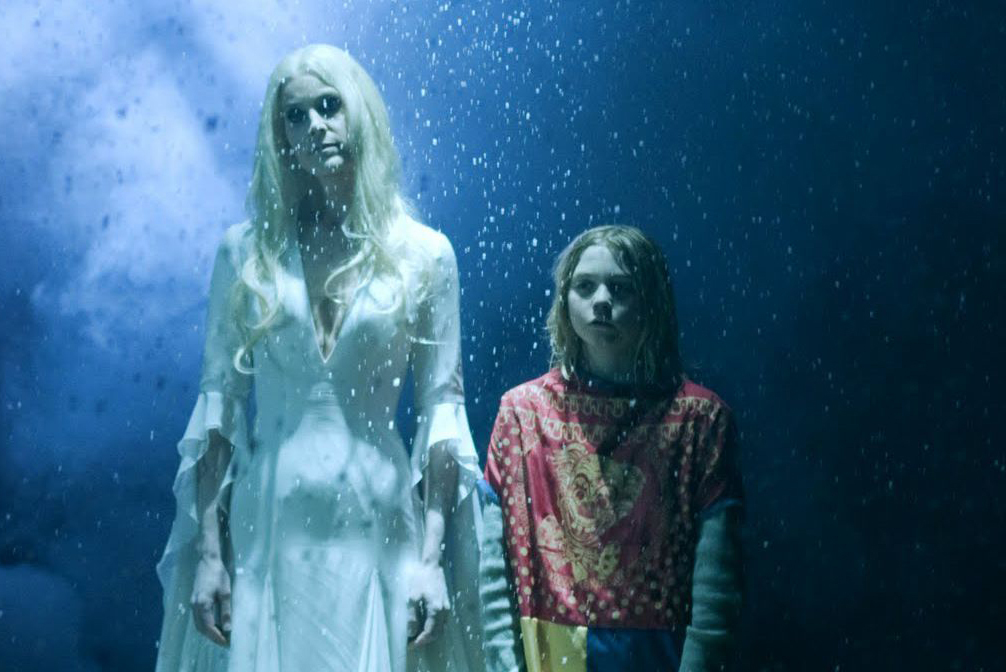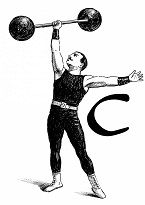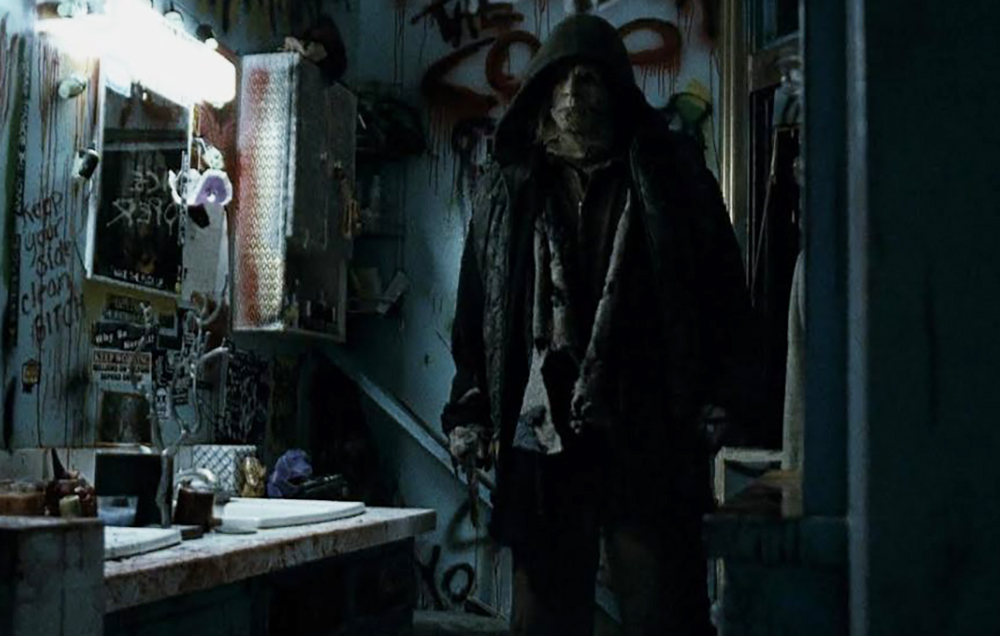Despite its rushed third act, Rob Zombie’s “Halloween” was honestly an earnest picture. It brought depth to the mythos, and truly did nothing to trample on Carpenter’s original version. Tyler Mane was a formidable Michael Myers, and Zombie choked his desire to veer into the hyper gore or the bizarre, which ultimately saved the film from obscurity, as I noted in my original review.
“Halloween II,” however, falls slightly flatter. It didn’t fare well critically, and fared even worse with its fan group. 1/10s litter IMDb’s user ratings. And while I feel this rating is unfair (the film is misdirected, but it’s not that bad). It’s clear that the sequel—both written and directed by Zombie—is trying its hand at complete originality. The iconic score is mostly absent until the film’s close, and the characters aren’t doing what they typically are in films like this.
There’s also closer character development, and its primary threesome of Laurie Strode (Scout Taylor-Compton), Annie (“Halloween” alum Danielle Harris), and Sheriff Bracket (Brad Dourif) present believable characters we care for. Brackett has seemingly adopted Laurie (fans of the original will remember her parents were murdered by Myers), and he and his daughter Annie have a nice family going. We also see, greatly, how traumatized Laurie is. Nightmares about Myers—rather night terrors—line her dreams. The opening montage of her in the hospital, with Myers brutally murdering hospital staff trying to get to her—which was only just a dream—is what this movie should have been. The sheer brutality Tyler Mane brings to the role is bone chilling. But alas it was just a dream, and Zombie and company have other plans for us.
On its underbelly, I think that “Halloween II” is Zombie’s earnest attempt at depicting true post traumatic stress in the wake of a harrowing attack by a serial killer. Honestly, do heroines just bounce back after trauma of this magnitude? Or do they suffer a lifetime, relegated to therapists, meds, and horrific flashbacks? I think the latter is more honest, and kudos must be given to Zombie for including it. Even the ending, which most hate, shows this aptly. Insanity is an easier solution to the level of trauma Laurie endured than normality. And Zombie had the guts to go there. More power to him.

But where the movies suffers is the script’s unavoidable need to hammer home at a repeated dream sequence of a white horse and a young Michael Myers (this time played by Chase Wright Vanek) which Laurie and Michael see over and over. The white horse represents a statement made by Michael’s late mother (Sheri Moon Zombie), as a symbol of salvation. But seeing as “Halloween II” is insistent to insert the tired plot point that Laurie is Michael’s sister—and thus the dream represents a family lineage—is just confusing.
Likewise confusing is the re-inclusion of Dr. Loomis, the role reprised by Malcolm McDowell. In “Halloween,” McDowell was a good performer, and seemed intent on stopping Michael and saving Laurie and Haddonfield. In this iteration, however, he’s relegated somewhat lazily to a blood money profiteer. He has written a book about Michael, Laurie, and others, and is on a book tour that is irresponsible. He spends most of the movie defending his greedy actions, and only in the dying seconds of the third act tries to redeem himself. He’s really an awful character this time around, and I feel Zombie’s vision would have been better cutting him out.
The story takes place a year later; and while there’s little explanation for how Michael is alive or why he waited so long, it’s for naught. Most of these films rely the killer’s seeming immortality, so it’s of little concern. But for most of the movie Myers wanders around fields, kills random townies and some teens, working his way back to Laurie for some unknown reason. Myers is aggressive this time; grunts and yells line his ferocious attacks…but there’s very little stalking or stage setting to make these stick. Usually some tough guy tries to clobber Myers and gets butchered, and that’s about it.

Worse, the film, for all its illusory dream sequences, doesn’t really feel scary. The opening does, as mentioned above. However, much of the rest of the film slips in and out of dreams and in and out of lucidity. The dream sequences aren’t irritating, they’re just bizarre; the film would have fared better spending more time on Laurie’s tormented life and Myers new presence and less on white horses and Dr. Loomis’ faux indignation at being labeled a profiteer.
But, for all its faults, “Halloween II” does not deserve the lambasting it received. No, it doesn’t bring the legend to new heights; but you have to hand it to Zombie for trying to write an original story and not relying on standard slasher flick tropes. He sidesteps convention with this film. And, I must say, I was most impressed acting wise with Taylor-Compton and Dourif. The former shows she can hold her own as a more detailed scream queen, and the latter transcends his Chucky beginnings and becomes a caring father figure that had me rooting for him.
All-in-all, Zombie’s “Halloween II” is a picture that tries. It becomes a little too bizarre, and doesn’t really get there, but it tries. The movie will likely irritate viewers who are looking for homages to the 1978 film, or those who expect certain standards from a Myers film. It may lose some people amidst its dream visions as well. But at the end of the day, worse exists in the horror realm. Zombie desires credit for originality while sidestepping the torture porn craze that’s lined the genre for the last decade plus.


